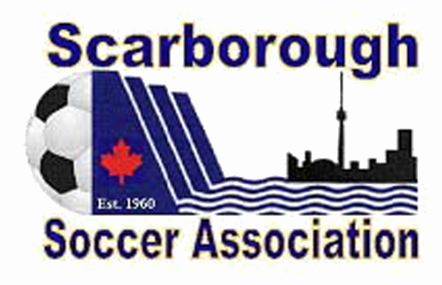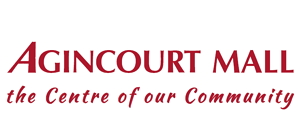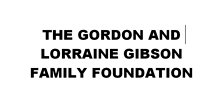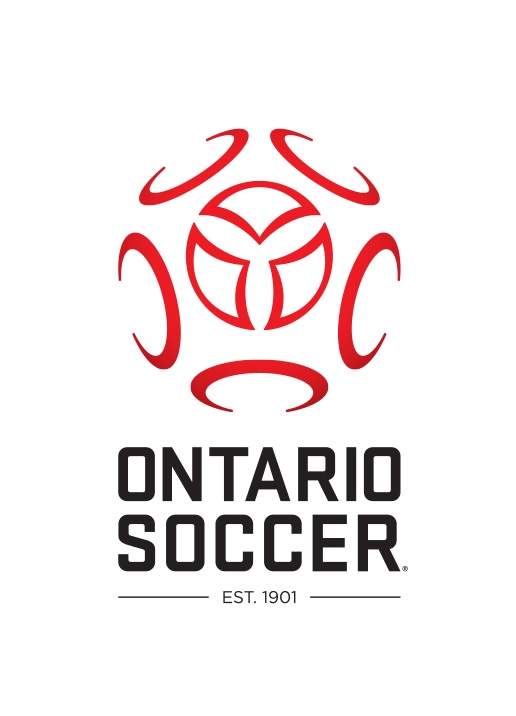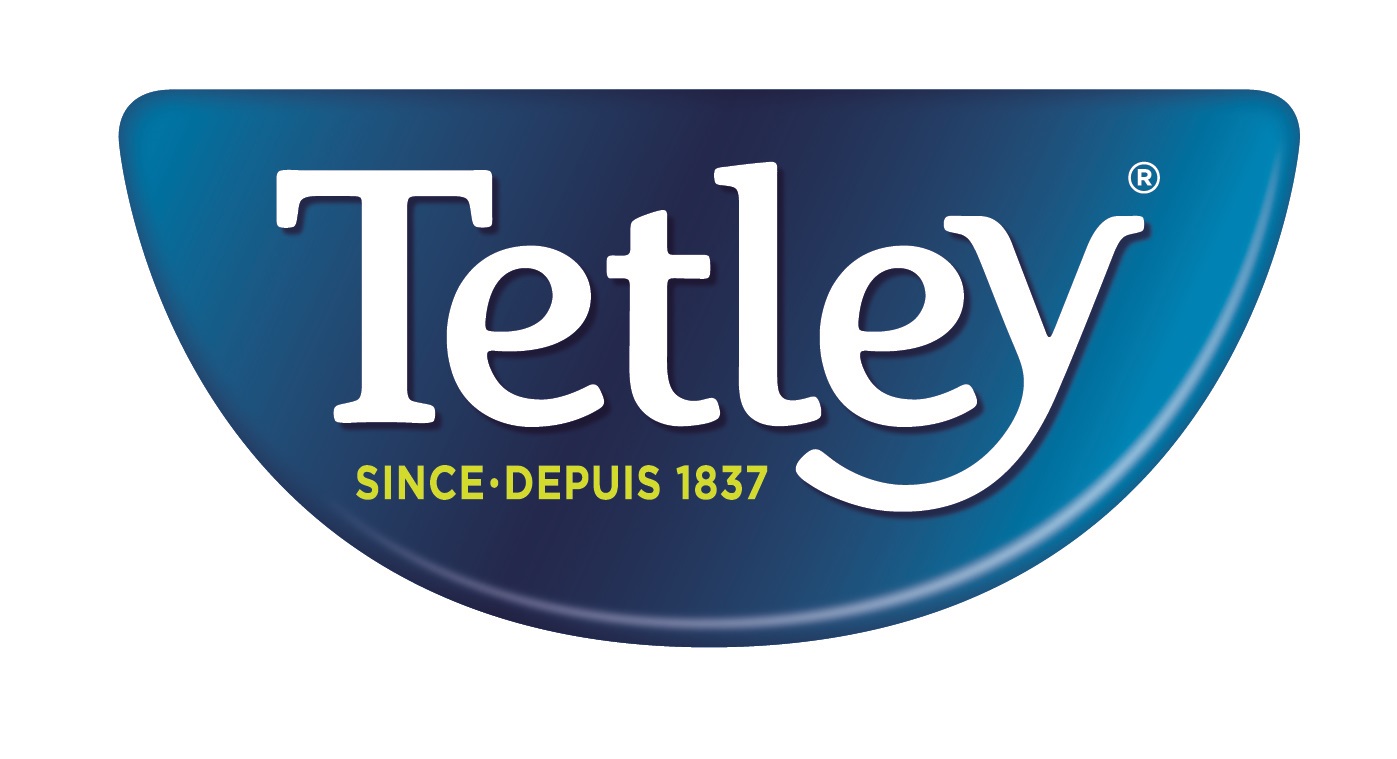
Coaching Code of Ethics
Canadian Professional Coaches Association Coaching Code of Ethics Principles and Ethical Standards
INTRODUCTION The code of ethics is organized around four ethical principles identified during a workshop for Coaching Ethics Advisory Committee members. I. Respect for Participants II. Responsible Coaching III. Integrity in Relationships IV. Honouring Sport Each principle is followed by a brief description and a list of ethical standards illustrating how that principle applies to the activities of coaches. These standards are grouped by key words that are an important part of the overall principle.
I Respect for Participants The principle of respect for participants challenges coaches to act in a manner respectful of the dignity of all participants in sport. Fundamental to this principle is the basic assumption that each person has value and is worthy of respect. Acting with respect for participants means that coaches
- do not make some participants more or less worthy as persons than others on the basis of gender, race, place of origin, athletic potential, colour, sexual orientation, religion, political beliefs, socioeconomic status, marital status, age or any other conditions;
- have a responsibility to respect and promote the rights of all participants. This is accomplished by establishing and following procedures for confidentiality (right privacy); informed participation and shared decision-making (right to self-determination – athletes’ rights); and fair and reasonable treatment (right to procedural fairness). Coaches have a special responsibility to respect and promote the rights of participants who are in vulnerable or dependent positions and less able to protect their own rights;
- interact with others in a manner that enables all participants in sport to maintain their dignity; and
- build mutual support among fellow coaches, officials, athletes and their family members.
In being faithful to the principle of respect for participants, coaches would adhere to the following ethical standards:
Key Words: Ethical Standards
Respect: 1.1 Treat all participants in sport with respect at all times. 1.2 Provide feedback to athletes and other participants in a caring manner that is sensitive to their needs, e.g., focus criticism on the performance rather than on the athlete. 1.3 Respect the areas of expertise, experience and insights of others in sport by considering carefully their opinions. 1.4 Do not engage publicly (e.g., statements, conversations, jokes, presentations, media reports) in demeaning descriptions of others in sport. 1.5 Be discreet7 in non-public conversations about athletes, coaches or other participants in sport.
Rights: 1.6 Recognize athletes’ right to consult with other coaches and advisors. 1.7 Respect athletes as autonomous individuals and refrain from intervening inappropriately in personal affairs that are outside the generally accepted jurisdiction of a coach.
Equity: 1.8 Treat all participants equitably within the context of their sporting activities, regardless of gender, race, place of origin, athletic potential, colour, sexual orientation, religion, political beliefs, socioeconomic status and any other condition. 1.9 Use language that conveys respect for the dignity of others (e.g., gender-neutral terms) in written and verbal communications. 1.10 Do not practise, condone, ignore, facilitate or collaborate with any form of unjust discrimination in sport. 1.11 Act to prevent or correct practices that are unjustly discriminatory.:
Empowerment:
1.12 Encourage and facilitate participants’ abilities to be responsible for their own behaviour, performance and decisions. 1.13 Respect as much as possible the opinions and wishes of participants when making decisions that affect them. 1.14 Give athletes the opportunity to discuss, contribute to and agree with proposals for training and for performance standards. 1.15 Provide athletes with the information necessary for them to be meaningfully involved in the decisions that affect them. 1.16 Communicate and cooperate with family9 members, involving them in appropriate decisions pertaining to an athlete’s development. 1.17 Clarify the nature of coaching services to participants, i.e., athletes, parents, family members or significant others. 1.18 Determine, in consultation with athletes and others, what information is confidential. 1.19 Keep confidential any information about athletes or others gained through coaching activities and believed to be considered confidential by those persons. 1.20 Share confidential information only with the consent of those requesting confidentiality or in a way that the individual(s) involved cannot be identified. 1.21 Exercise discretion in recording and communicating information to prevent this information from being interpreted or used to the detriment of others. 1.22 Clarify and implement measures to protect confidential information, e.g., restricting access to confidential records.
Mutual support: 1.23 Encourage a climate of mutual support among all participants in sport.
Extended responsibility: 1.24 Encourage participants to respect one another and to expect respect for their worth as individuals. 1.25 Keep informed on current issues related to respect for participants, e.g., gender equity.
II. Responsible Coaching
The principle of responsible coaching carries the basic ethical expectation that the activities of coaches will benefit society in general and participants in particular and will do no harm. Fundamental to the implementation of this principle is the notion of competence – responsible coaching (maximising benefits and minimizing risks to participants) is performed by coaches who are “well prepared and current”10 in their discipline. In addition, responsible coaching means that coaches
i. act in the best interest of the athlete’s development as a whole person;
ii. recognize the power inherent in the position of coach;
iii. are aware of their personal values and how these affect their practice as coaches; iv. acknowledge the limitations of their discipline; and
v. accept the responsibility to work with other coaches and professionals in sport. In being faithful to the principle of responsible coaching, coaches would adhere to the following ethical standards:
Key Words: Ethical Standards
Professional training:
2.1 Be responsible for achieving a high level of professional competence through appropriate training. 2.2 Keep current with relevant information (knowledge), coaching and teaching skills and research through personal learning projects, discussions with colleagues, workshops, courses, conferences, etc. to ensure that coaching services benefit and do not harm others.
Self knowledge: 2.3 Evaluate how personal experiences, attitudes, beliefs, values, socioeconomic status, sexual orientation, individual differences and stresses influence actions as coaches and integrate this awareness into all efforts to benefit and not harm others. 2.4 Engage in self-care activities that help to avoid conditions (e.g., burnout, addictions) that could result in impaired judgement and interfere with the ability to benefit and not harm others.
Beneficence:
Coaching Code of Ethics:
2.6 Take the limits of knowledge and capacity into account in coaching practice; in particular, do not assume responsibilities if insufficiently prepared for them. 2.7 Recognize and accept when it is appropriate to refer athletes to other coaches or sport specialists. 2.8 Refrain from working in unsafe or inappropriate situations that significantly compromise the quality of coaching services and the health and safety of athletes.
Athlete’s interest: 2.9 Ensure that activities are suitable for the age, experience, ability, and physical and psychological conditions of athletes. 2.10 Prepare athletes systematically and progressively, using appropriate time frames and monitoring physical and psychological adjustments. 2.11 Refrain from using training methods or techniques that may harm athletes; monitor innovative approaches with care. 2.12 Be aware of significant pressures in athletes’ lives, e.g., school, family and financial pressures, and coach in a manner that fosters positive life experiences. 2.13 Consider athletes’ future health and well-being as foremost when making decisions about an injured athlete’s ability to continue participating. 2.14 Strive to be fully present, physically and mentally, in the performance of coaching duties.
Safety: 2.15 Ensure that athletes train and perform in suitable and safe settings. 2.16 Make athletes aware of their responsibilities for participating safely in sport.
Sexual relationships:
2.17 Be acutely aware of power in coaching relationships and, therefore, avoid sexual intimacy with athletes, both during coaching and during that period following coaching during when imbalance in power could jeopardize effective decision-making. 2.18 Abstain from and refuse to tolerate in others all forms of harassment, including sexual harassment. Sexual harassment includes either or both of the following:
i. the use of power or authority in an attempt to coerce another person to engage in or tolerate sexual activity. Such uses include explicit or implicit threats of reprisals for noncompliance or promises of reward for compliance.
ii. engaging in deliberate or repeated sexually oriented comments, anecdotes, gestures or touching, if such behaviours
a. are offensive and unwelcome;
b. create an offensive, hostile or intimidating working environment; or
c. can be expected to be harmful to the recipient.
Colleagues:
2.19 Act toward other coaches in a manner characterized by courtesy, good faith and respect. 2.20 Collaborate12 with other coaches and colleagues from related disciplines. 2.21 Communicate and cooperate with health practitioners in the diagnosis, treatment and management of athletes’ health-related needs. 2.22 Use discretion for resolving disputes with colleagues, e.g., deal with differences of opinion constructively on a personal basis and refer more serious disputes to appropriate bodies.
Extended responsibility: 2.23 Encourage others, when appropriate, to coach responsibly. 2.24 Recognize and address harmful personal practices of others in sport, e.g., drug and alcohol addiction, physical and mental abuse, misuse of power. 2.25 Assume responsibility for the actions of athletes and other supervised individuals with regard to the principle of responsible coaching.
III. Integrity in Relationships Integrity means that coaches are expected to be honest, sincere and honourable in their relationships with others. Acting on these values is most possible when coaches possess a high degree of self- awareness and the ability to reflect critically13 on how their perspectives influence their interactions with others. In being faithful to the principle of integrity in relationships, coaches would adhere to the following ethical standards:
Key Words: Ethical Standards
Sincerity:
Honour: 3.7 Know the support and abide by sport’s rules, regulations and standards. 3.8 Take credit only for the work and ideas actually done or generated and give credit for work done or ideas contributed by others.
Conflict of interest: 3.9 Do not exploit any relationship established as a coach to further personal, political or business interests at the expense of the best interests of their athletes or other participants. 3.10 Be clear about and avoid abusing relationships (e.g., with athletes, assistants, officials, administrators, board members) and avoid other situations that might present a conflict of interest or reduce the ability to be objective and unbiased in the determination of what might be in the best interests of athletes. 3.11 Declare conflicts of interest when they arise and seek to manage them in a manner that respects the best interests of all those involved.
Extended responsibility:
IV. Honouring Sport The principle of honouring sport challenges coaches to recognize, act on and promote the value of sport for individuals and teams and for society in general. Honouring sport means that coaches:
- act on and promote clearly articulated values related to coaching and sport;
- encourage and model honourable intentions and actions in their coaching practice; and
- show high regard for and promote the value of sport in Canadian society and around the world
- In being faithful to the principle of honouring sport, coaches would adhere to the following ethical standards:
Key Words: Ethical Standards
Spirit of sport:
Respect for the rules: 4.3 Accept both the letter and the spirit of the rules that define and govern sport. 4.4 Actively encourage athletes and other participants to uphold the rules of the sport and the spirit of such rules.
Respect for officials and other coaches: 4.5 Accept the role of officials in ensuring that competitions are conducted fairly and according to established rules. 4.6 Refrain from abusive personal attacks on officials and other coaches, especially when talking with the media.
Drug-free sport: 4.7 Support initiatives that encourage the spirit of sport14 (see also 4.1, 4.2).
Positive role model: 4.10 Maintain the highest standards of personal conduct and project a favourable image of the sport and of coaching to athletes, other coaches, officials, spectators, families, the media and the general public. 4.11 Project an image of health, cleanliness and functional efficiency in personal habits and appearance, e.g., refrain from smoking while coaching, refrain from drinking alcoholic beverages when working with athletes.
Responsibility to coaching: 4.12 Promote and maintain the highest standards of the coaching discipline. 4.13 Encourage measures to improve the quality and availability of coaches’ professional services. 4.14 Encourage measures that promote education, knowledge development and research in the field of coaching. 4.15 Develop the coaching profession by exchanging knowledge and experiences with colleagues, athletes and students and by being participants, course facilitators or master course conductors in courses and internships. 4.16 Uphold the responsibility to coaching by bringing incompetent or unethical behaviour to the attention of appropriate regulatory committees in a manner consistent with the ethical principles of this code, if informal resolution or correction of the situation is not appropriate or possible.
Extended Responsibility: 4.17 Encourage athletes and other participants to honour sport on a lifelong basis.
ACKNOWLEDGEMENTS: This Coaching Code of Ethics is the result of the work of many people and organizations. The CPCA would like to thank:
- Paul Tomlinson and Dorothy Strachan of Strachan•Tomlinson for their research, writing, and their facilitation of the Ethics Workshop.
- The Coaching Ethics Advisory Committee of: Marty Hall Andy Higgins Tom Kinsman Pierre Lamarche Guy Lavoie Marion Lay Paul Melia Al Morrow Ann Peel Mary Ann Reeves Ken Shields Dana Sinclair Trevor Tiffany
- The many, many associations, both within and outside of sport, who sent us their Codes of Ethics for use in our research.
- The many people involved in formulating the original Coaching Code of Ethics.
- Heather Ebbs for an excellent copy edit.


